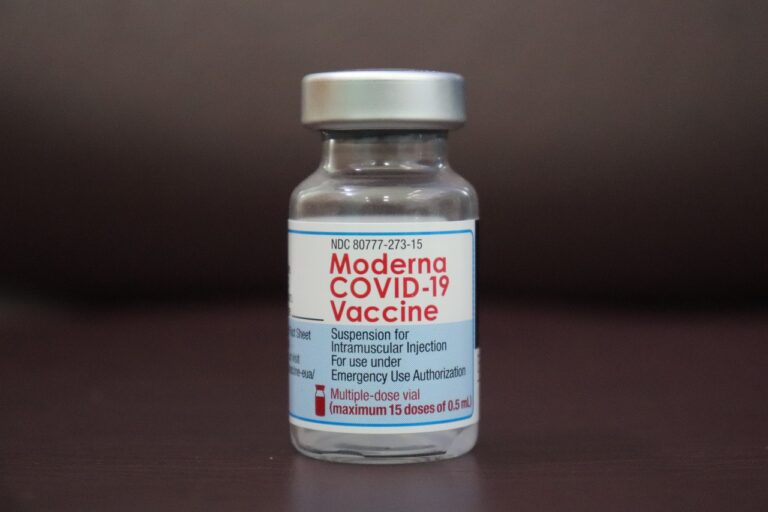Exploring the Use of Artificial Intelligence in Drug Manufacturing: Goldenexch, Cricbet99 link, King 567
goldenexch, cricbet99 link, king 567: Artificial intelligence is transforming various industries, and drug manufacturing is no exception. With advancements in technology, pharmaceutical companies are leveraging AI to streamline processes, improve efficiency, and enhance the quality of drugs being produced. Let’s explore how AI is being utilized in drug manufacturing and the benefits it brings to the table.
**1. Drug Discovery**
AI is revolutionizing the drug discovery process by analyzing vast amounts of data to identify potential drug candidates. Machine learning algorithms can predict the efficacy and safety of new compounds, speeding up the discovery phase significantly.
**2. Virtual Screening**
AI algorithms can efficiently screen millions of compounds to identify potential drug candidates that can bind to specific targets. This virtual screening process saves time and resources compared to traditional methods.
**3. Predictive Analytics**
By analyzing historical data and real-time information, AI systems can predict potential issues in drug manufacturing processes, allowing companies to take proactive measures to prevent disruptions.
**4. Quality Control**
AI-powered image recognition technology can help pharmaceutical companies detect manufacturing defects in drugs, ensuring that the final product meets strict quality standards.
**5. Personalized Medicine**
AI algorithms are being used to analyze patient data and genetic information to develop personalized treatment plans. This personalized approach to medicine can lead to better outcomes for patients.
**6. Supply Chain Management**
AI can optimize supply chain processes by predicting demand, managing inventory levels, and identifying potential bottlenecks in the manufacturing process. This helps pharmaceutical companies streamline operations and reduce costs.
FAQs:
**1. How is AI improving drug discovery?**
AI algorithms can analyze vast amounts of data to identify potential drug candidates, speeding up the discovery process significantly.
**2. What are the benefits of using AI in drug manufacturing?**
AI improves efficiency, reduces costs, enhances quality control, and enables personalized medicine, leading to better outcomes for both companies and patients.
**3. Are there any challenges associated with implementing AI in drug manufacturing?**
Some challenges include data privacy concerns, regulatory hurdles, and the need for skilled professionals to interpret AI-generated insights.
In conclusion, the use of artificial intelligence in drug manufacturing is revolutionizing the industry, making processes more efficient, improving quality control, and enabling personalized medicine. As technology continues to advance, we can expect AI to play an even more significant role in shaping the future of pharmaceuticals.







